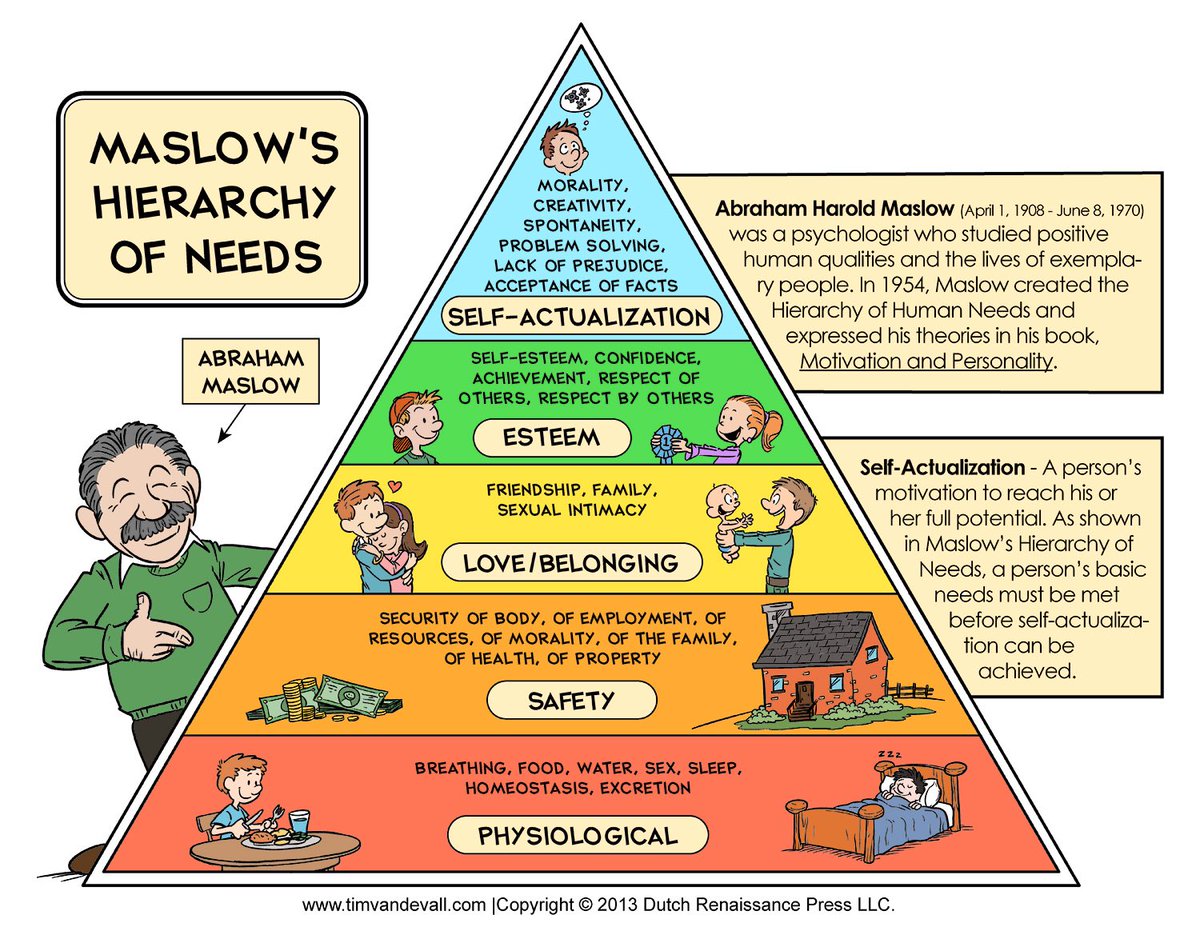- Joined
- Dec 13, 2015
- Messages
- 9,594
- Reaction score
- 2,072
- Location
- France
- Gender
- Male
- Political Leaning
- Centrist
Against the tyranny of the majority John Stuart Mill's warning still resonates today
Excerpt:
Sometimes (too often) "liberalism" loses its way, and all sorts of liberal-thinking clouds the original purity of its theory.
Nothing wrong with that - mankind tends to extend any thought or theory to see where it takes them. Socialism is dead, and most Europeans agree with that. Many dullards on this site however think it is alive and well - especially in Europe.
They confuse socialism with social-democracy, its replacement. Socialism called for the public ownership of all the means of production and distribution. Which proved unworkable, as most of the eastern-EU countries have shown by adopting its social-democracy ethic (described in the first paragraph here).
What have we learned? That government ownership of production and distribution defies a fundamental precept of Economic theory. That of Supply&Demand. Governments cannot predict Demand and with even lesser facility can they respond to it (Supply).
The only question remaining is, "OK, that's fine. So what about Social Democracy?"
It's about this: By inserting the element of government oversight into the provision of certain fundamental elements (such as National Health Care and Tertiary Education), a Social Democracy provides essential elements of any functioning market-economy.
And those "essential components" are only the most basic. There is another way of describing the best effort of a Social Democracy, and it was portrayed by an American psychologist in the 1940s by the name of .
It looks like this:

A Social Democracy aims itself at those two base-levels first and foremost - the rest is up to us individually ...
Excerpt:
This refinement of utilitarianism demonstrated a pragmatism that is one of Mill’s intellectual hallmarks. On many issues it is difficult to pigeonhole his stance, or even to pin down exactly what he believes. Part of what makes him a great thinker is that he qualifies his own arguments. His views evolved over the course of his life, but for most of it he rejected absolutes and recognised the world’s mess and complexity. John Gray, a philosopher, writes that Mill was “an eclectic and transitional thinker whose writings cannot be expected to yield a coherent doctrine.”
Above all, though, like all liberals Mill believed in the power of individual thought. His first big work, “A System of Logic”, argues that humanity’s greatest weakness is its tendency to delude itself as to the veracity of unexamined convictions. He renounced shibboleths, orthodoxies and received wisdom: anything that stopped people thinking for themselves.
He wanted them to be exposed to as wide a range of opinions as possible, and for no idea or practice to remain unchallenged. That was the path to both true happiness and progress. To protect freedom of expression he formulated his “harm principle”: “the only purpose for which power can be rightfully exercised over any member of a civilised community, against his will, is to prevent harm to others,” he wrote in “On Liberty”, his most famous book.
As Richard Reeves’s biography makes clear, Mill thought the coming industrial, democratic age could enable human flourishing in some ways, but hinder it in others. Take free trade, for which he was an enthusiast (despite working for a long time for the East India Company, perhaps the world’s biggest-ever monopoly). He thought free trade increased productivity: “Whatever causes a greater quantity of anything to be produced in the same place, tends to the general increase of the productive powers of the world,” he wrote in “Principles of Political Economy”. He criticised the Corn Laws, tariffs which largely benefited holders of agricultural land.
Sometimes (too often) "liberalism" loses its way, and all sorts of liberal-thinking clouds the original purity of its theory.
Nothing wrong with that - mankind tends to extend any thought or theory to see where it takes them. Socialism is dead, and most Europeans agree with that. Many dullards on this site however think it is alive and well - especially in Europe.
They confuse socialism with social-democracy, its replacement. Socialism called for the public ownership of all the means of production and distribution. Which proved unworkable, as most of the eastern-EU countries have shown by adopting its social-democracy ethic (described in the first paragraph here).
What have we learned? That government ownership of production and distribution defies a fundamental precept of Economic theory. That of Supply&Demand. Governments cannot predict Demand and with even lesser facility can they respond to it (Supply).
The only question remaining is, "OK, that's fine. So what about Social Democracy?"
It's about this: By inserting the element of government oversight into the provision of certain fundamental elements (such as National Health Care and Tertiary Education), a Social Democracy provides essential elements of any functioning market-economy.
And those "essential components" are only the most basic. There is another way of describing the best effort of a Social Democracy, and it was portrayed by an American psychologist in the 1940s by the name of .
It looks like this:

A Social Democracy aims itself at those two base-levels first and foremost - the rest is up to us individually ...
